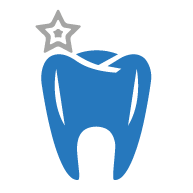Let's Find Your Best Smile
At Mill Mountain Dentistry, we know every person's dental needs are unique. That's why we offer a comprehensive selection of treatment options in a comfortable, convenient atmosphere. We're confident in our superior dental care.
Contact UsGeneral Dentistry in Roanoke, VA
The decision to maintain excellent oral health can only begin with you!
We specialize in improving smiles. You can learn more about our smile-enhancing services on our website. See our full list of services by clicking the button below. We care about you, your family, and your friends, and we’re here to help you achieve your healthiest smile.


Patient Preferred
View Our Featured Services
We Accept Insurance
Meet Our Friendly Staff




Patients Love Our Gentle Approach
Centered At Patient Happiness.
Mill Mountain Dentistry strives on patient experiences and aims to bring the gap between great healthcare and happy families. Contact us today to get started!


We Are Here To Answer Your Questions
- 5000 Brambleton Ave, Roanoke, VA 24018
- (540) 769-6370
- office@millmountaindentistry.com
- Mon-Thurs: 8:00am-1:00pm // 2:00pm-5:00pm
- Fri, Sat, Sun: CLOSED








